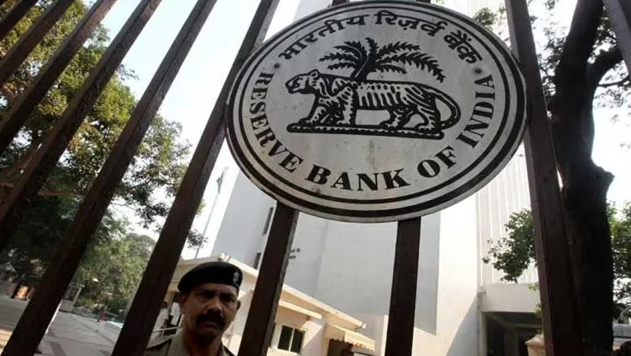RBI to Launch Public Repository for Digital Lending Apps
 Angelina
Angelina
In a significant move to enhance consumer protection and transparency in digital lending, the Reserve Bank of India (RBI) has announced the creation of a public repository for digital lending apps (DLAs). This initiative aims to help customers verify whether a lending app is associated with regulated entities, such as banks, and avoid potentially illegal apps.
Background and Need
On September 2, 2022, the RBI issued comprehensive guidelines for digital lending, addressing critical issues like customer protection, data privacy, interest rates, recovery practices, and mis-selling. Despite these guidelines, reports have surfaced about unscrupulous digital lenders falsely claiming affiliations with RBI-regulated entities.
A recent RBI Working Group found that about 600 of the 1,100 digital lending apps available on Indian Android devices are illegal. With the proliferation of new lending apps, it’s increasingly challenging for users to determine the legitimacy of these apps.
The Repository’s Role
The RBI’s new repository will be a valuable tool for consumers. It will list digital lending apps deployed by regulated entities, allowing users to check if an app is legitimate or illegal. The data will be submitted directly by regulated entities to the repository and updated regularly. This will ensure that borrowers can easily identify whether a lending app is associated with a recognized, regulated entity.
Guidelines and Compliance
The RBI’s guidelines mandate that regulated entities disclose loan rates upfront and ensure borrowers are well-informed about loan products during the onboarding process. Additionally, these entities are required to assess borrowers' economic profiles before extending loans.
Protecting Consumers
This initiative follows alarming trends where predatory lending practices have led to severe consequences for many individuals, including harassment and extortion. By providing a centralized, publicly accessible list of verified lending apps, the RBI aims to curb these unethical practices and safeguard consumers against fraudulent activities.
For more information, the repository will be accessible on the RBI’s official website, offering a crucial resource for both current and prospective borrowers.
Subscribe to my newsletter
Read articles from Angelina directly inside your inbox. Subscribe to the newsletter, and don't miss out.
Written by
